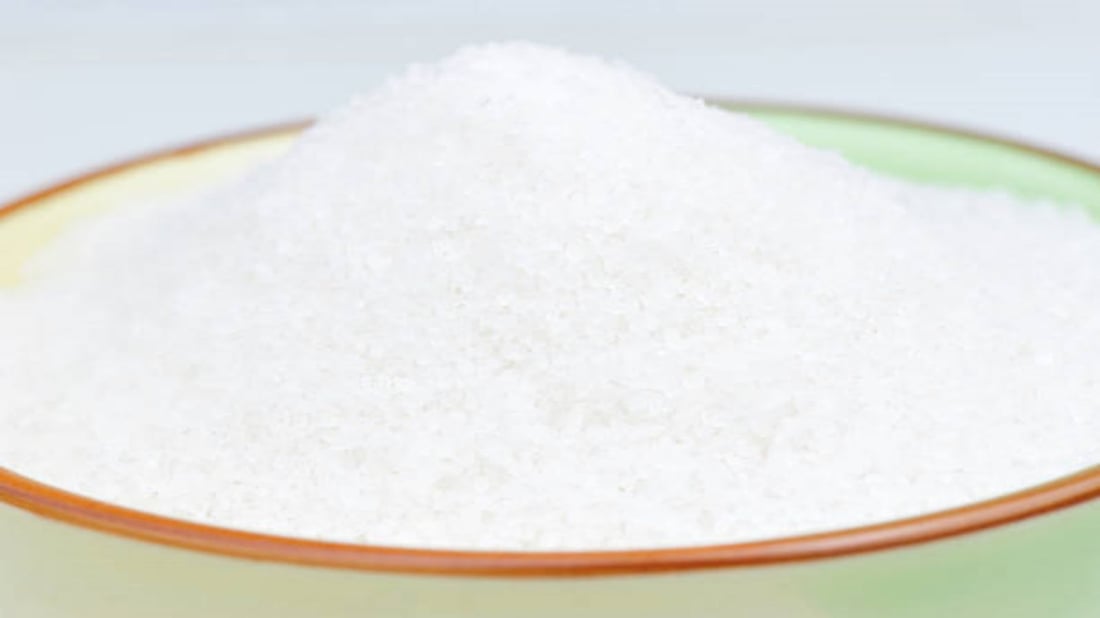Introduction to Dipotassium Hydrogen Phosphate
Dipotassium Hydrogen Phosphate, commonly known as DKP, is a versatile compound that finds applications in various industries. With its chemical formula K2HPO4, DKP is a salt of phosphoric acid and potassium. This article aims to provide a comprehensive guide to understanding the properties, uses, and benefits of Dipotassium Hydrogen Phosphate.
The Chemical Composition of Dipotassium Hydrogen Phosphate
Dipotassium Hydrogen Phosphate is composed of two potassium ions (K+) and one hydrogen phosphate ion (HPO4-). The chemical structure of DKP shows the presence of ionic bonds between the potassium and phosphate ions. This composition gives DKP its unique properties and makes it suitable for numerous applications.
Physical Properties of Dipotassium Hydrogen Phosphate
DKP appears as a white, crystalline powder with a molecular weight of 174.18 g/mol. It has a melting point of approximately 340°C and is highly soluble in water. The compound is hygroscopic, meaning it readily absorbs moisture from the environment. These physical properties make Dipotassium Hydrogen Phosphate a convenient ingredient in various formulations.
Applications in Food and Beverage Industry
Dipotassium Hydrogen Phosphate is an approved food additive that acts as a buffering agent, emulsifier, and stabilizer. It is commonly used in the food and beverage industry to enhance the texture, flavor, and shelf life of products. DKP is found in processed foods, soft drinks, powdered beverages, and dairy products, ensuring their stability and quality.
Uses in Agriculture
In agriculture, Dipotassium Hydrogen Phosphate serves as a source of potassium and phosphorus, two essential nutrients for plant growth. Farmers and gardeners use DKP as a fertilizer to promote healthy root development, improve yield, and enhance the overall quality of crops. Its water-soluble nature allows for easy application and absorption by plants.
Role in Pharmaceutical and Chemical Manufacturing
Pharmaceutical and chemical industries utilize Dipotassium Hydrogen Phosphate for various purposes. It acts as a pH regulator, ensuring the stability and effectiveness of medications. DKP is also a common ingredient in the production of buffer solutions used in laboratory experiments and manufacturing processes. Its versatility makes it a valuable component in these industries.
DKP in Water Treatment
Dipotassium Hydrogen Phosphate plays a significant role in water treatment processes. It acts as a corrosion inhibitor, preventing the degradation of metal surfaces in water systems. DKP also helps to control the pH levels of water and acts as a sequestering agent, reducing the concentration of metal ions. These properties make it an essential chemical in water treatment plants.
Industrial Applications of Dipotassium Hydrogen Phosphate
The industrial sector extensively uses DKP in various applications. It is commonly found in metal cleaning formulations, where it acts as a cleaning agent and rust inhibitor. DKP's ability to chelate metal ions makes it useful in electroplating, ensuring a smooth and uniform coating on metal surfaces. Additionally, it finds applications in ceramic manufacturing and as a catalyst in chemical reactions.
Health and Safety Considerations
When handling Dipotassium Hydrogen Phosphate, it is important to follow safety guidelines. Avoid direct contact with the compound and use appropriate protective equipment, such as gloves and goggles. In case of ingestion, seek medical attention immediately. As with any chemical substance, proper storage and handling practices should be followed to ensure safe usage.
Conclusion
Dipotassium Hydrogen Phosphate, with its versatile properties and wide range of applications, plays a crucial role in various industries. From food and beverage to agriculture, pharmaceuticals, and water treatment, DKP demonstrates its usefulness and effectiveness. Understanding the chemical composition, properties, and applications of Dipotassium Hydrogen Phosphate is essential for utilizing its benefits safely and efficiently.

